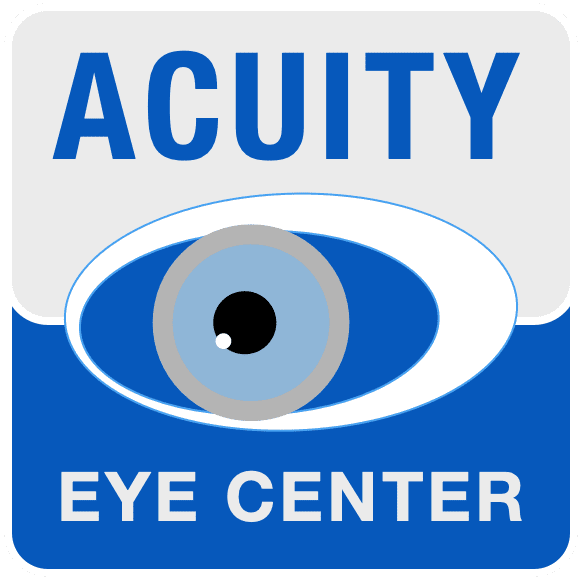Bell’s palsy is a temporary weakness or paralysis of the facial nerve known as the seventh cranial nerve. This nerve controls facial expressions, eyelid movement and the muscles of the forehead and neck.
Bell’s palsy usually occurs suddenly, affecting the greater part of one side of the face. The cause often is unknown, but the condition has been associated with certain viruses such as herpes simplex and herpes zoster (shingles). Risk factors for Bell’s palsy include diabetes, pregnancy and Lyme disease.
![]()
Bell’s palsy usually affects most of one side of the face. It can reduce the ability to blink, so the eye may become very dry.
Statistics show that Bell’s palsy affects about one person out of 60 or 70.
After the abrupt onset of Bell’s palsy, most people develop maximum weakness within 48 hours. Prior to the onset, some people feel pain behind the ear.
While Bell’s palsy may appear similar to a stroke, no other neurological signs or symptoms are present.
How Does Bell’s Palsy Affect Eyes? #
Most people with Bell’s palsy are unable to blink on the affected side of the face. At the same time, the lower eyelid may turn outward (ectropion). The face and lips on the affected side become droopy, and you have little or no control over their muscle function.
Because the muscle that opens the eye is controlled by a separate cranial nerve, you can easily open the affected eye. But unfortunately you are unable to close the eyelid.
As a result, most people with Bell’s palsy suffer from an extreme form of dry eye syndrome known as exposure keratitis.
Bell’s Palsy Treatment And Recovery #
Treatment for Bell’s palsy usually includes generous use of ocular lubricants, such as non-preserved artificial tears and eye ointments. Many people require the eyelid to be patched or taped shut while sleeping, to keep it moist.
If you develop an outwardly turned eyelid, you may need surgery to repair it.
Approximately 80 percent of people with Bell’s palsy recover within six months. But without proper care of the involved eye, you may suffer needless and permanent consequences such as corneal ulceration and scarring of your eye’s clear front surface.





